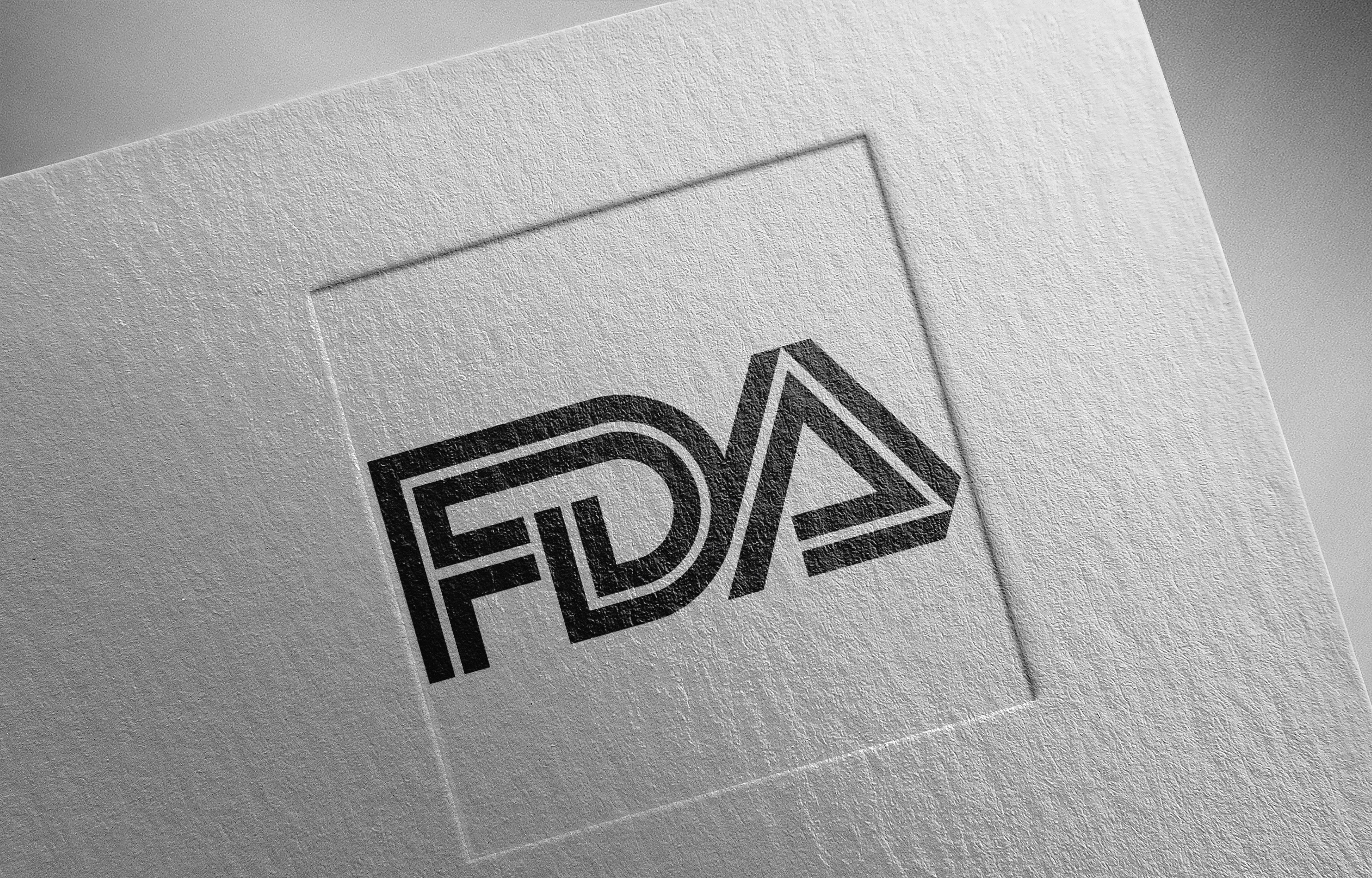FDA accepts BLA for clesrovimab to prevent RSV in infants' first RSV season
The federal agency has set a target action date of June 10, 2025 for potential approval.
FDA accepts BLA for clesrovimab to prevent RSV in infants' first RSV season | Image Credit: © Araki Illustrations - © Araki Illustrations - stock.adobe.com.

The FDA has accepted a biologics license application (BLA) for Merck's clesrovimab, an monoclonal antibody in development to protect infants from respiratory syncytial virus (RSV) disease during their first RSV season. In an announcement, Merck stated the federal agency has set a prescription drug user fee act date of June 10, 2025 for potential approval.1
"This regulatory milestone, along with promising results from our pivotal studies demonstrating efficacy in the prevention of RSV disease, marks important progress toward our goal of having clesrovimab available in time for the 2025-26 RSV season,” said Paula Annunziato, MD, senior vice president, infectious diseases and vaccines, Global Clinical Development, Merck Research Laboratories, in a press release.1
The application was supported by results demonstrated in the phase 2b/3 CLEVER trial (MK-1654-004; NCT04767373), a randomized placebo-controlled trial evaluating a single dose of clesrovimab administered to healthy preterm and full-term infants. In addition, data from the ongoing phase 3 SMART trial (MK-1654-007) evaluating safety and efficacy of clesrovimab vs palivizumab in infants and children at an increased risk for severe RSV disease was used in the application.1
According to data presented at IDWeek 2024 in Los Angeles, California, and to previous coverage by Contemporary Pediatrics, reduction in incidence of RSV-associated medically attended lower respiratory infections (MALRI) that required 1 or more indicator of lower respiratory infection or severity compared to placebo through 5 months post-dose, was 60.4% (95% CI: 44.1, 71.9, [P <0.001]).2
A key secondary endpoint was RSV-associated hospitalizations, for which clesrovimab reduced these hospitalizations by 84.2% (95% CI: 66.6, 92.6, [P < 0.001]) through 5 months compared to placebo. A third endpoint was RSV-associated lower respiratory infection hospitalizations, which were reduced 90.9% with clesrovimab treatment compared to placebo through 5 months (95% CI: 76.2, 96.5). In addition, clesrovimab reduced the incidence of severe MALRI (tertiary endpoint) by 91.7% (95% CI: 62.9, 98.1), according to the Merck announcement.2
Octavio Ramilo, MD on clesrovimab as a potential tool to protect against RSV
In the video above conducted in October 2024, Octavio Ramilo, MD, chair, Department of Infectious Diseases, St. Jude Children's Research Hospital, Memphis, Tennessee, highlighted key data on clesrovimab.2
Click here to view the video in a new window.
This article will be updated shortly.
References:
1. Merck Announces FDA Acceptance of Biologics License Application for Clesrovimab, an Investigational Long-Acting Monoclonal Antibody Designed to Protect Infants from RSV Disease During their First RSV Season. Merck. Press release. December 17, 2024. Accessed December 17, 2024. https://www.merck.com/news/merck-announces-fda-acceptance-of-biologics-license-application-for-clesrovimab-an-investigational-long-acting-monoclonal-antibody-designed-to-protect-infants-from-rsv-disease-during-their-first-rsv/
2. Fitch, J. Clesrovimab: A potential new player to protect against RSV. Contemporary Pediatrics. October 18, 2024. Accessed December 17, 2024. https://www.contemporarypediatrics.com/view/clesrovimab-a-potential-new-player-to-protect-against-rsv
The Role of the Healthcare Provider Community in Increasing Public Awareness of RSV in All Infants
April 2nd 2022Scott Kober sits down with Dr. Joseph Domachowske, Professor of Pediatrics, Professor of Microbiology and Immunology, and Director of the Global Maternal-Child and Pediatric Health Program at the SUNY Upstate Medical University.